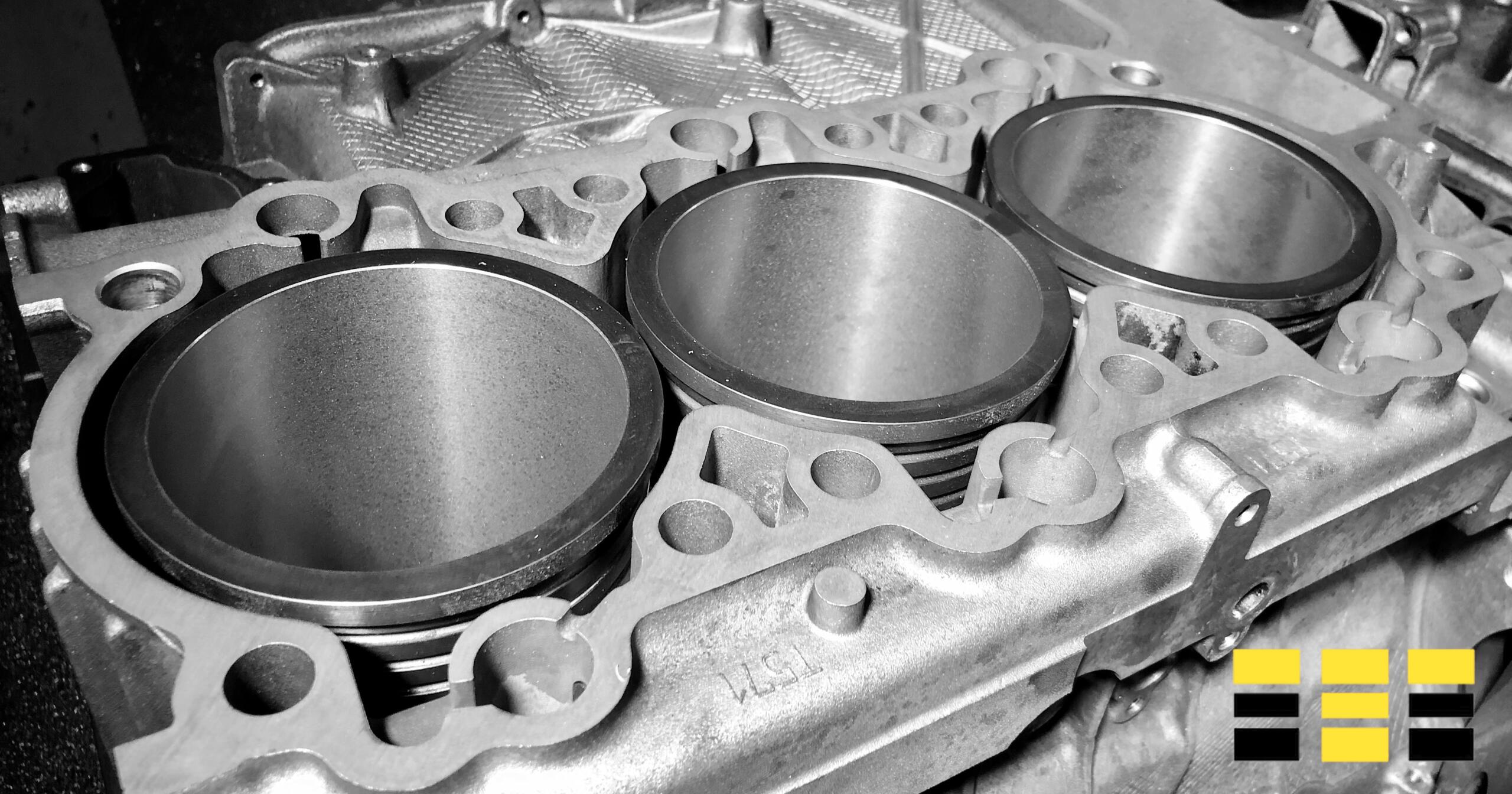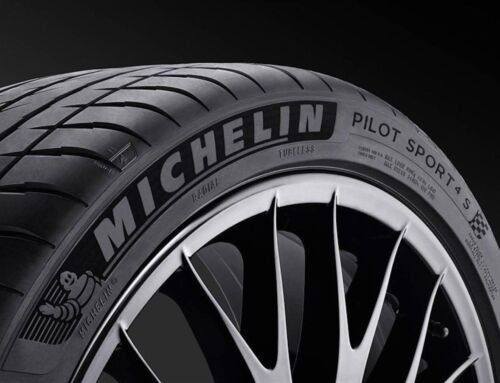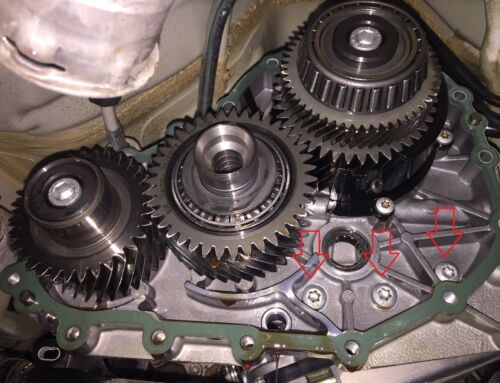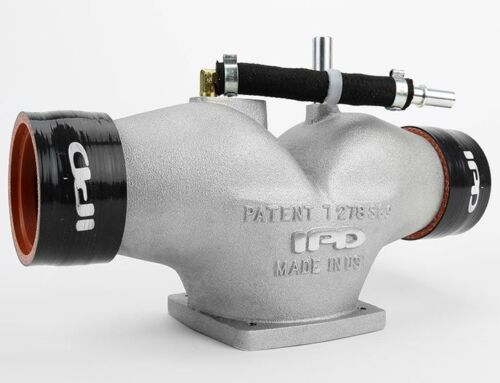The Tunerworks ServicePorsche Engine Rebuilds |
| |
As your vehicles gets older, the time for an engine rebuild will eventually come. Ultimately it’s up to you to decide how long you plan on keeping your Porsche, and if this significant investment is money well spent. Here is what you need to know. |

Engine rebuilds are inevitable in all vehicles, no matter how often the oil is changed or how gently you treat your engine during a typical warm-up. As your vehicle gets older, the time for an engine rebuild will eventually come. This is beginning to apply to early water-cooled Porsche 911 (1999-2008), Boxster (1997-2008), and even Cayman models (2005-2008) models. Ultimately it’s up to you to decide how long you plan on keeping your Porsche, and if this significant investment is money well spent.
Invest in what appreciates, and lease what depreciates is a common saying in the business community. Depreciation occurs in almost all vehicles, and may eventually flip to “Appreciation” in a select few. Investing in a well-documented rebuild will ensure many more reliable miles ahead for your beloved Porsche and ensure your vehicle has a chance to appreciate, rather than end up as a Parts Car. The Porsche 993, 964, 944 Turbo, and even the 914 are examples of Porsche’s that have turned the corner towards appreciation over the past decade or so. Many of these Porsche’s had major service and rebuild work completed (while values were lower) ensuring their owners were able to enjoy several miles of driving pleasure. The same is likely to occur with the non-turbo Porsche 996 and 997 series, and Boxster and Cayman. It has already begun with the 996 and 997 Turbo variants, and even the non-turbo “C4S”.
The non-turbo 996 and 997 series of Porsche 911 (except GT3), and early models of Boxster and Cayman (up to 2008) are equipped with the “M96” and “M97” series of engines. These engines are known for their smooth and linear power delivery, reliable (and more traditional low pressure) fuel injection system, and a well-rounded exhaust note. Unfortunately, they are also becoming known for failures of the cylinder walls, resulting in cylinder bore scoring. The failing cylinder(s) may result in several symptoms including increased oil consumption, oil puffing at cold startup, or a constant ticking sound that can be mistaken for a faulty lifter to the untrained ear.
These water-cooled Porsche M96, M97, and Turbo (“Mezger”) engines are all-aluminum and incorporate aluminum-alloy cylinders that are surrounded by coolant (“water”) to keep temperatures in check. The M96 and M96 cylinders are lightweight and cast into the original engine casting, but must have a protective coating on them to ensure longevity from steel piston rings that go up and down thousands of times per minute. Without protection, the alloy cylinder bores would score immediately. Turbo (Mezger designed) engines have their aluminum-alloy cylinders protected by a treatment known as Nikasil, whereas the non-turbo M96 and M97 engines come from the Porsche factory treated with a process known as Lokasil. Nikasil is near bulletproof in durability and known to outlast most other components of the engine, while Lokasil seems to be inconsistent in its durability, sometimes lasting 150-250,000km’s or unexpectedly failing as early as 50,000 kms. We know that failure rates are higher in colder climates (Canada, eh!), as well as in engines that idle for extended periods while warming up, or those that have had longer than normal oil service intervals.
The only remedy for an engine with a failed Lokasil cylinder wall is a complete tear-down and rebuild. So, what are your options?
Google and several online forums will pull you in many directions with polarizing opinions that resemble a pre-election US debate between opposing candidates! We thought we’d help to clarify by providing some basic straight facts and allow you to make your own decision on how to move forward:
Option #1 – Purchase a factory Porsche rebuilt engine
Pros
- It’s Factory Porsche
- It may include some warranty, possibly dependent on who installed it
Cons
- It’s Factory Porsche, and still has the unreliable Lokasil cylinders
- Not cheap, and seems to be going up in price each year
Option #2 – Purchase a used engine
Pros
- Quick turnaround time/installation
Cons
- Risky, and does not fix the Lokasil problem….resulting in…
- …everything from expensive, to false economy, to unreliable. We simply can’t recommend a used engine as a good option
Option #3 – Rebuild your engine with replacement “Dry” Cylinder Sleeves
Pros
- Low Cost
- Provides the basics of a new cylinder wall and allows you to do 1 or more cylinders at a time, albeit after a full tear-down of the engine
Cons
- While “Dry” cylinder sleeves are popular and reliable in many conventional engines….this is a big no-no in the M96 and M97 Porsche engine. There is not enough cylinder wall to be machined away and allow for a “dry” sleeve to be press-fit in. It will most certainly result in the cylinder to crack down the road, so it is not worthwhile to tear-down an engine, rebuild it, only to have to tear it down again and rebuild it
Option # 4 – Rebuild your engine and treat the existing cylinders with Nikasil
Pros
- Lower cost
- May allow you to re-use some pistons
- Nikasil
Cons
- We currently recommend only one Nikasil supplier/facility (located in the US)
- Expensive to package and ship your engine to and from
- If not Nikasil treated to the engine builders exact specification of piston to cylinder wall clearance, the engine may need to be send back for another round of Nikasil and diamond honing (ask us how we know this😉 )
- Specialized Diamond honing is required to hone Nikasil, should this be needed before piston/ring fitment by the engine builder, or in the future
- Your existing cylinders are likely out of round, therefore needing replacement anyway
- May require a long rebuild wait-time of 6-12+ months
- May not be worth it as compared to the next options
Option #5 – Rebuild your engine with new Aluminum Alloy cylinders that are Nikasil treated
Pros
- Proven reliability, per other factory Porsche engines with Nikasil treated alloy cylinders
- Removal (machined away) of old Lokasil cylinders, so they are no longer a factor
- Compatible with many piston and ring manufacturers, most notably, Mahle Motorsports (Porsche OEM manufacturer) pistons and Nikasil specific rings
- No extra cost to increase displacement. Example increase from a 3.6 litre to 3.8 litre using larger diameter pistons
Cons
- Very specialized installation process by only a handful of suppliers and locations around the world
- May require a long rebuild wait-time of 6-12+ months
- High Cost
Option #6 – Rebuild your engine with new Ductile Iron replacement cylinders
Pros
- Proven to be reliable per many other engine designs and manufacturers from around the world that incorporate Ductile Iron cylinder material
- Removal (machined away) of old Lokasil cylinders, so they are no longer a factor
- Compatible with many piston and ring manufacturers, most notably, Mahle Motorsports (Porsche OEM manufacturer) pistons and Ductile Iron specific rings
- Slightly lower cost than Option #3
- Shorter rebuild turnaround time due to more straightforward installation process
- Cylinders can be honed easily by most reputable machine/honing shops at the time of rebuild, resulting in the perfect fitment of pistons/rings per the local engine rebuilder’s specs
- No extra cost to increase displacement. For example, increase from a 3.6 litre to 3.8 litre using larger diameter pistons
Cons
- Specialized installation process
- Not “factory Porsche” Lokasil or Nikasil
There are several more discussion points and upgrade options when addressing the rebuild process of the M96 and M97 engine, but these cover the basics, and should help to steer you down the rebuild path that best suits your needs.
In general, we recommend preventative maintenance of your existing engine by adhering to:
- Regular oil services
- Gentle warm-up driving when engine oil is cold
- Short cold start idle times
- Regular borescope inspections of the cylinders, especially if you do not have service history or are unsure of the condition of your M96/M97 engine.
If you are in need of an engine rebuild, please do not hesitate to contact our team at Riegel Tuning and Tunerworks Service. We can be reached by email, phone call, or text.




